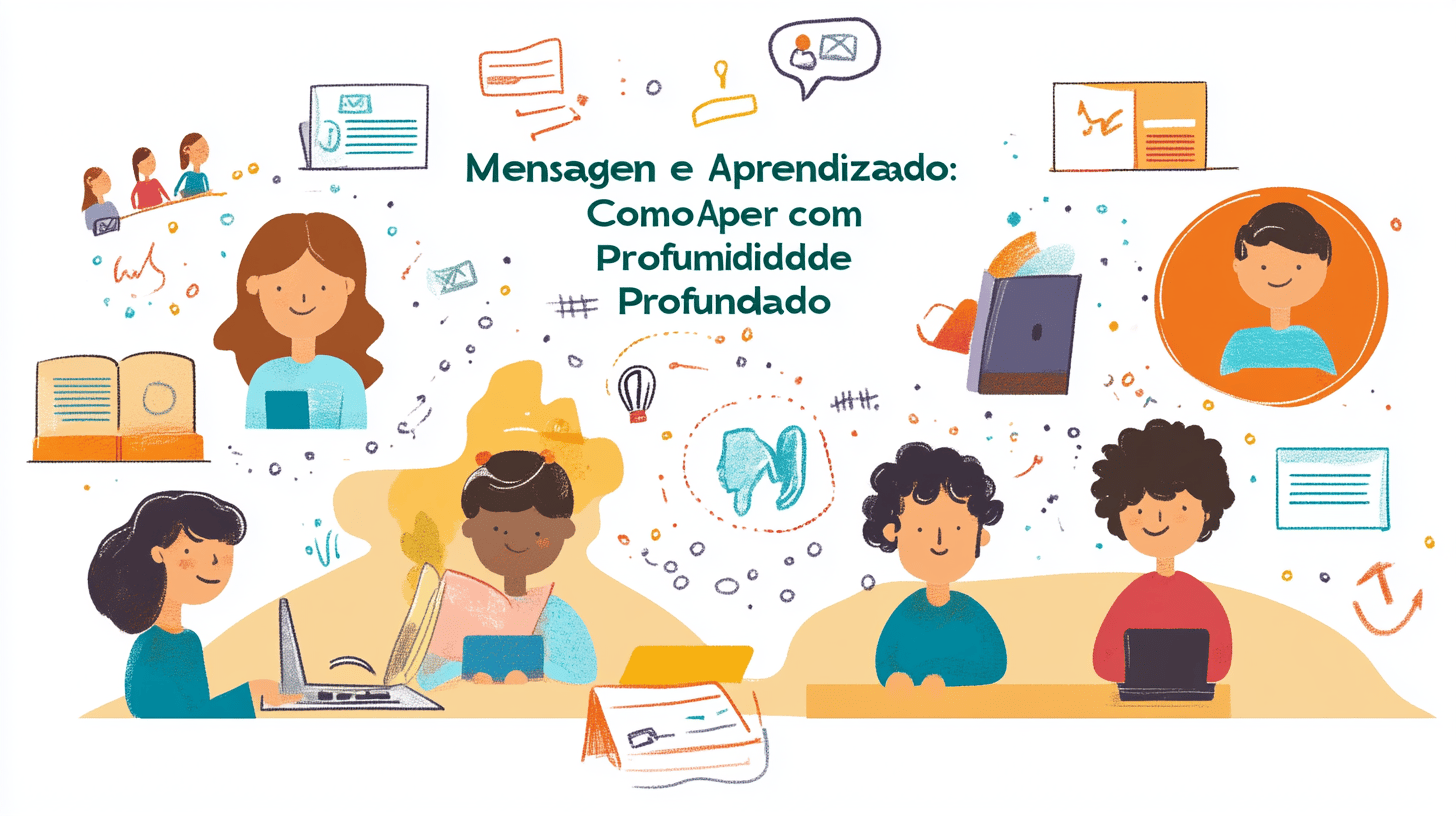O aprendizado eficaz é uma habilidade essencial em qualquer fase da vida, principalmente em um mundo em constante mudança, onde a adaptabilidade é a chave para o sucesso. Neste post, exploraremos técnicas de aprendizado que ajudam não apenas a memorizar informações, mas a compreendê-las profundamente, garantindo que essa aprendizagem dure a longo prazo. Vamos desvendar as estratégias que podem enriquecer sua experiência educacional e otimizar seu desenvolvimento pessoal.
1. Entendendo seu Estilo de Aprendizado
Antes de mergulhar nas técnicas, é fundamental entender que cada pessoa possui estilos de aprendizado diferentes. Identificar se você é um aprendiz visual, auditivo ou cinestésico pode influenciar bastante como você absorve informações.
– Aprendizes Visuais: Assimilam melhor informações através de imagens, diagramas, e vídeos. Utilizar mapas mentais e gráficos pode ser altamente benéfico – Aprendizes Auditivos: Aprendem melhor ao ouvir, e podem se beneficiar ao escutar podcasts, gravações de aulas ou explicar o que aprenderam em voz alta. – Aprendizes Cinestésicos: Preferem métodos práticos e envolvimento físico em seu aprendizado. Experiências de aprendizado baseado em projetos ou simulações são ideais para esses indivíduos.
2. Aprendizado Ativo versus Passivo
Muitas vezes, os estudantes se concentram na leitura de textos ou na escuta de aulas de forma passiva. No entanto, o aprendizado ativo, que envolve a aplicação prática do que se está aprendendo, proporciona um entendimento mais profundo.
– Métodos de Aprendizado Ativo: Considere fazer anotações enquanto lê, questionar o que aprende, ensinar o conteúdo a outra pessoa ou aplicar o conhecimento em projetos práticos. Quanto mais interagir com o material, melhor será a retenção.
3. A Técnica de Feynman
Nomeada em homenagem ao físico Richard Feynman, essa técnica é uma abordagem muito eficaz para entender conceitos complexos. O método envolve quatro etapas: 1. Escolha um conceito: Escolha um tema que você deseja aprender. 2. Ensine a outra pessoa: Explique o conceito para outra pessoa usando suas próprias palavras. Isso ajuda a detectar lacunas em seu conhecimento. 3. Reveja e simplifique: Volte ao material original para corrigir qualquer erro ou lacuna que você encontrou em sua explicação. 4. Use metáforas: Ajude-se a entender ainda melhor criando analogias e metáforas que esclareçam seu entendimento.
4. A Regra dos 20 Minutos
O cérebro humano tem dificuldades em se concentrar por longos períodos. A regra dos 20 minutos sugere que você deve estudar por 20 minutos e, em seguida, fazer uma pausa de 5 a 10 minutos. Isso não apenas ajuda na retenção de informações, mas também preserva sua energia mental. Após algumas rodadas, considere uma pausa mais longa de 30 minutos para revitalizar ainda mais sua mente.
5. Repetição Espaced
Essa técnica, também conhecida como repetição distribuída, envolve revisar o material em intervalos progressivamente crescentes. Estudar algo uma vez pode não ser suficiente; repetir a informação após um dia, uma semana e um mês pode ajudar a solidificar a aprendizagem na memória de longo prazo.
6. Ambientes de Aprendizado Variados
Estudos demonstram que mudando o ambiente onde você estuda pode ajudar a criar uma associação mais forte com o material aprendido. Tente estudar em diferentes lugares, como cafeteira, biblioteca ou até ao ar livre. Essa mudança de cenário pode desencadear o conhecimento mais eficazmente do que se você estivesse sempre no mesmo lugar.
7. A Importância da Curiosidade
Permita que sua curiosidade o guie em seu aprendizado. Em vez de simplesmente memorizar, procure as respostas para as perguntas que surgem durante o processo de aprendizagem. A curiosidade dinâmica não apenas facilita o entendimento mais profundo, mas também torna o aprendizado mais divertido e envolvente.
8. Ferramentas de Aprendizado Online
Existem inúmeras ferramentas e plataformas que podem ajudar em seu processo de aprendizagem. – Duolingo: Uma excelente ferramenta para aprender novos idiomas de maneira interativa. – Khan Academy: Oferece cursos sobre uma gama de tópicos, desde matemática até ciência, tudo em formato gratuito. – Coursera: Fornece cursos de instituições renomadas, permitindo que você aprenda de forma estruturada.
9. O Poder do Estudo em Grupo
Juntar-se a um grupo de estudo ou até mesmo formar uma pode ser super benéfico. Discutir e ensinar o que você aprendeu para os outros ajuda a solidificar seu próprio conhecimento. Além disso, você poderá aprender diferentes abordagens e perspectivas sobre o mesmo tópico.
10. A Importância do Descanso e Sono
Finalmente, é crucial mencionar o impacto que o descanso e um sono adequado têm no aprendizado. Durante o sono, o cérebro processa e consolida a informação adquirida. Portanto, certifique-se de não negligenciar essas necessidades fundamentais, pois o descanso é um componente vital para a eficácia do aprendizado.
Conclusão
Em resumo, aprender de forma profunda e duradoura vai além das técnicas de memorização. Incorporar métodos ativos, adaptar-se ao seu estilo de aprendizado, estruturar suas sessões de estudo e encontrar um equilíbrio entre atividade e descanso são fundamentais. À medida que você aplica essas técnicas, esteja preparado para experimentar um aprendizado mais engajado e gratificante. Experimente algumas dessas estratégias e veja como elas podem transformar sua abordagem ao aprendizado. Comente abaixo sobre quais técnicas você já utiliza ou planeja implementar em sua jornada de aprendizado!



